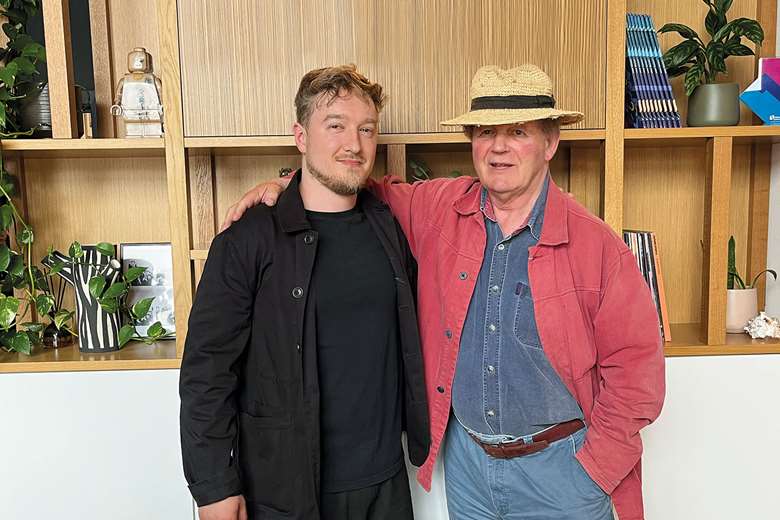Finding the poetry in Vivaldi’s The Four Seasons, with Sir Michael Morpurgo and Daniel Pioro
Mark Seow
Friday, January 3, 2025
Violinist Daniel Pioro and poet Sir Michael Morpurgo tell Mark Seow about their highly personal and deeply felt joint exploration of Vivaldi’s masterpiece

Register now to continue reading
Thanks for exploring the Gramophone website. Sign up for a free account today to enjoy the following benefits:
- Free access to 3 subscriber-only articles per month
- Unlimited access to our news, podcasts and awards pages
- Free weekly email newsletter











